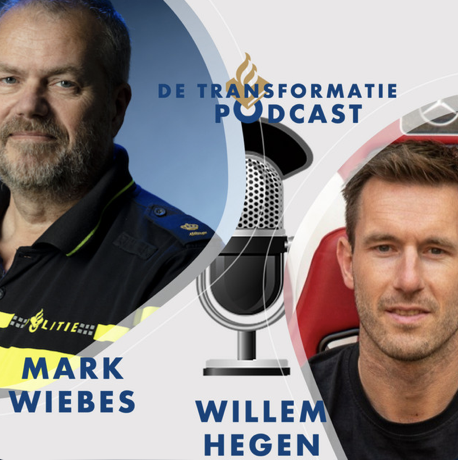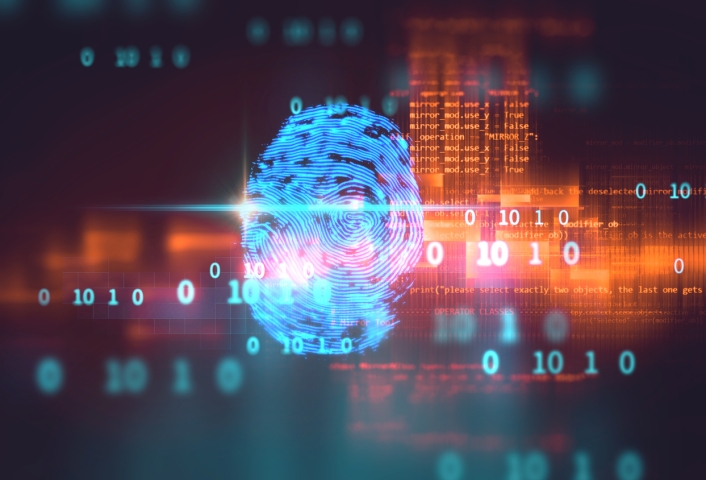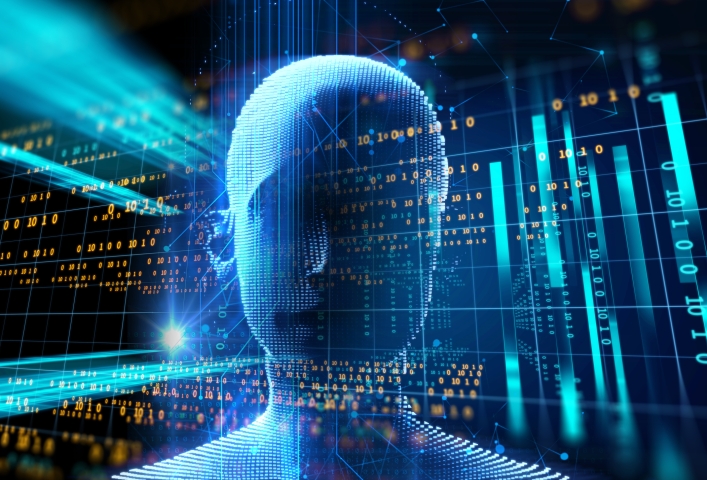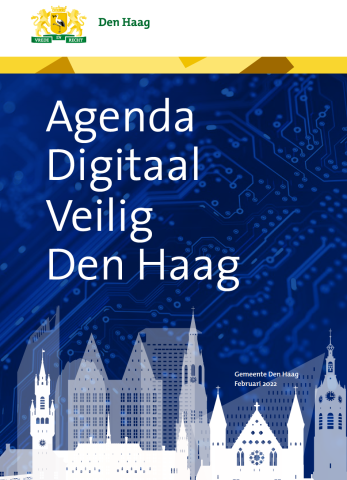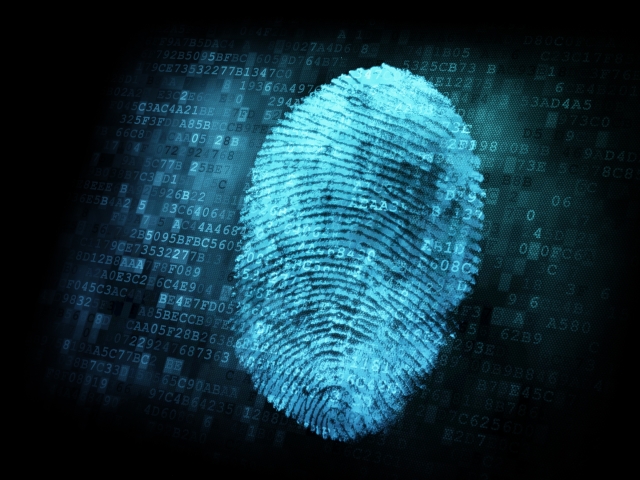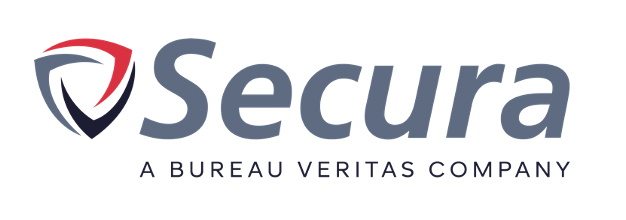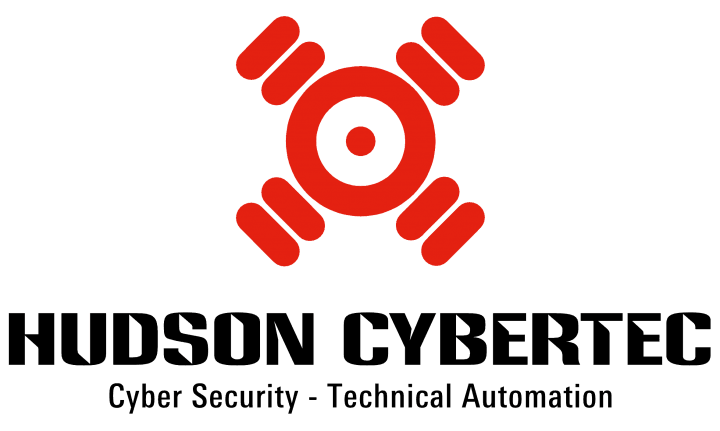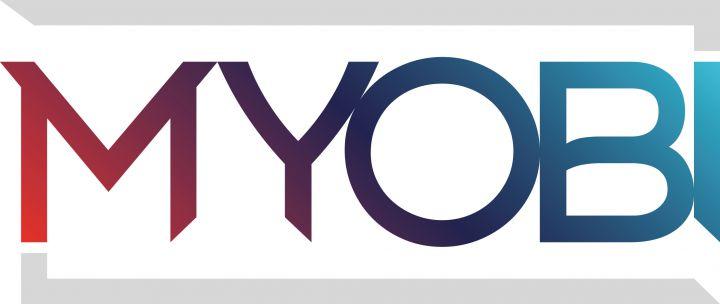Onderwerp
Forensics
Forensic science is the application of science to criminal and civil laws. Forensic evidence can be used as a basis to convict people for crimes. Forensic scientists collect, preserve, and analyse scientific evidence during an investigation. Some forensic scientists occupy laboratory roles, meaning that they perform analyses on various objects that are collected from a crime scene. Others travel to crime scenes in order to collect and analyse objects on site. The forensic domain develops quickly and knows many sub-domains, including bloodstain pattern analysis, ballistics, forensic accounting, forensic DNA analysis, forensic pathology and forensic toxicology. Present-day technologies, such as laser scanners, drones and 3D reconstructions are used by forensic scientists to make the collection and analysis of objects more efficient.
Digital forensics is a branch of forensic science encompassing the recovery and investigation of material found in digital devices, often in relation to computer crime but also for digitally enabled crime or a digital witness to regular crime. More and more evidence can be found on digital devices (such as smartphones, laptops, servers, smart TVs and digital security camera's), which makes it a challenge to find evidence in the sheer plethora of information. At the same time digital evidence is swiftly overwritten, connected devices can be erased or altered from a distance and information can be encrypted making is difficult to access. Digital forensics includes computer forensics, network forensics, forensic data analysis, mobile device forensics and the field of e-discovery. Different technologies are available and developed to support the digital forensic investigator, for the collection of unaltered complete images of memory and access to data, for the analysis of data and to support reporting.
Related Keywords: Scientific analysis, criminal analysis, crime scene investigation, accident investigation, physical evidence, legal problems, legal complications, digital investigation, breach assessment, open-source intelligence, OSINT, chain of evidence.
